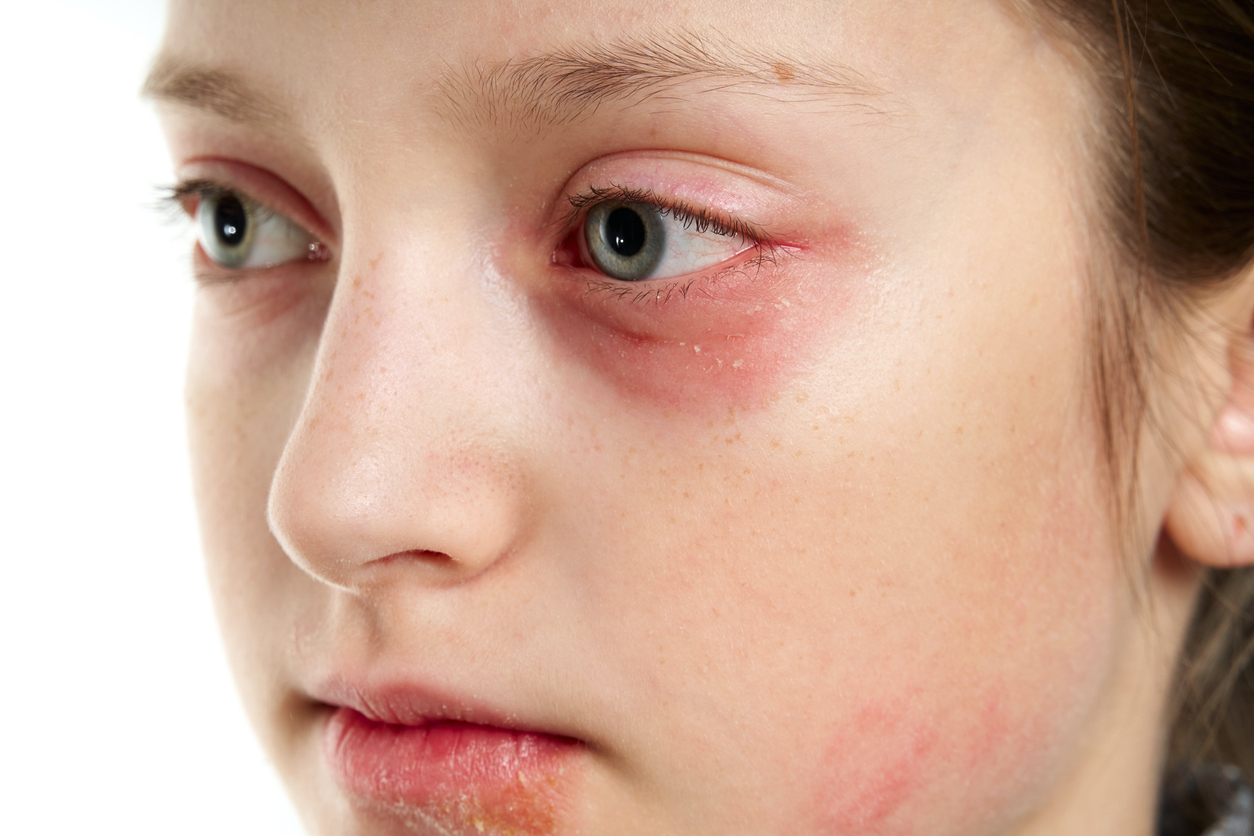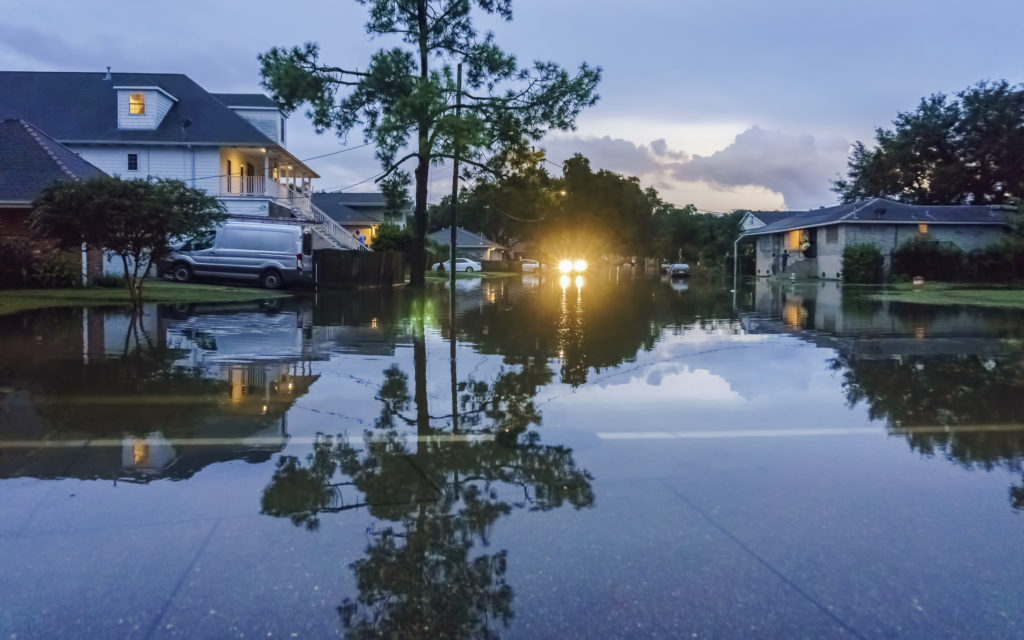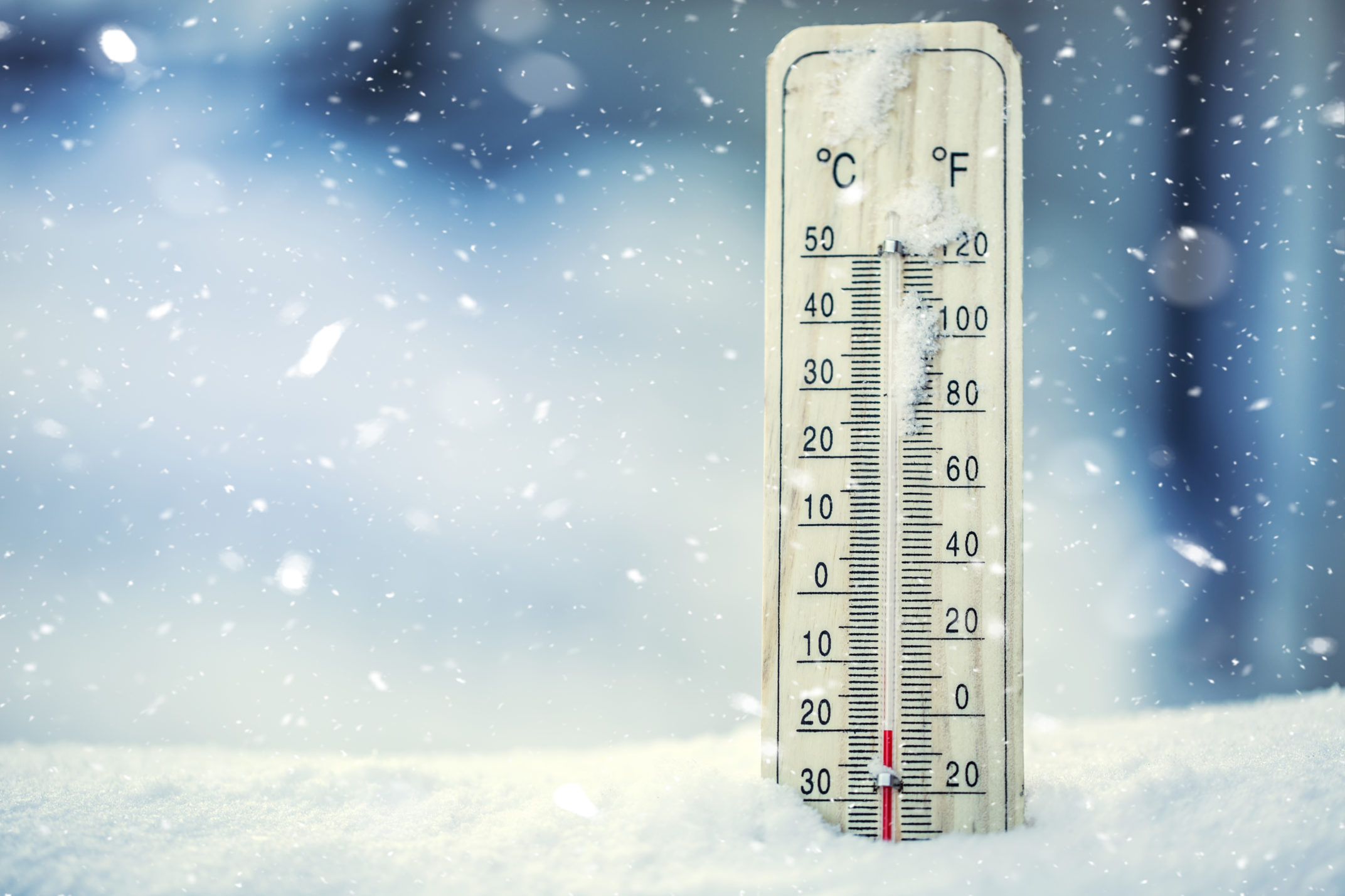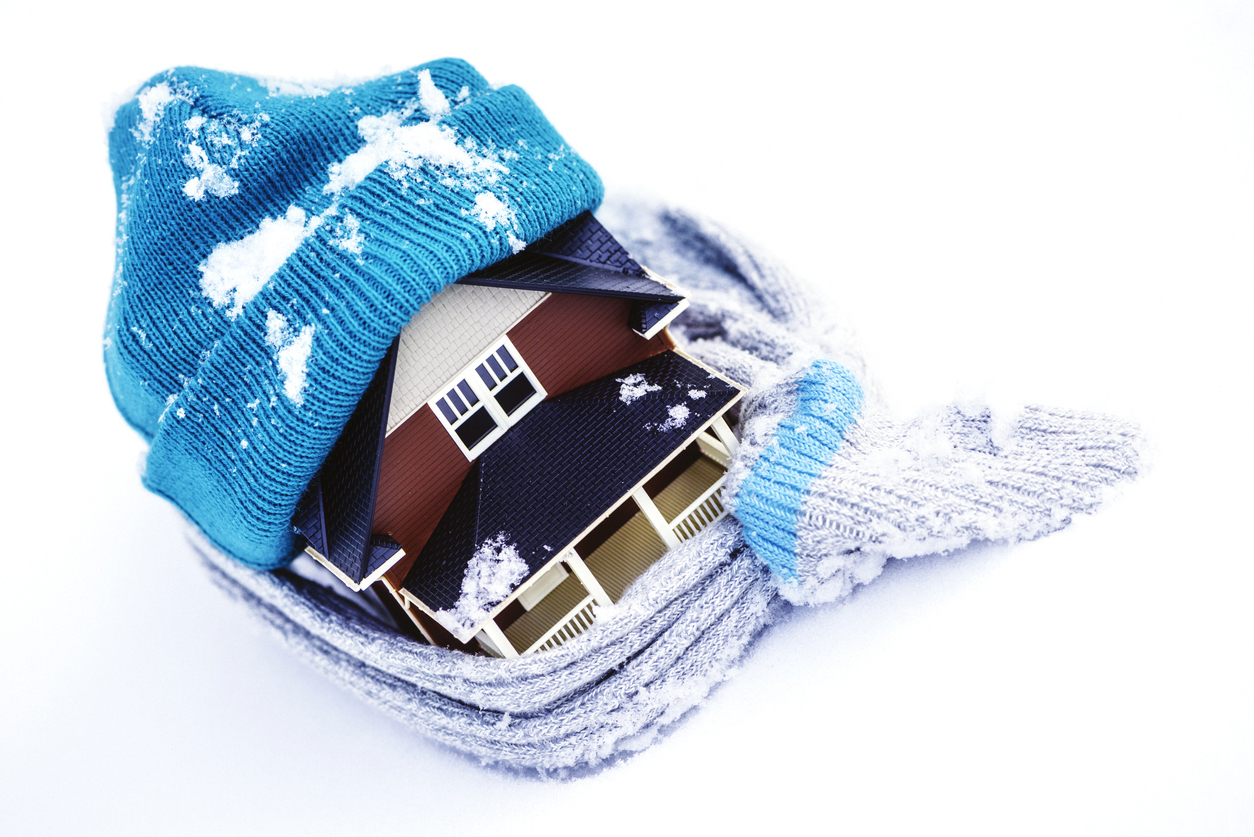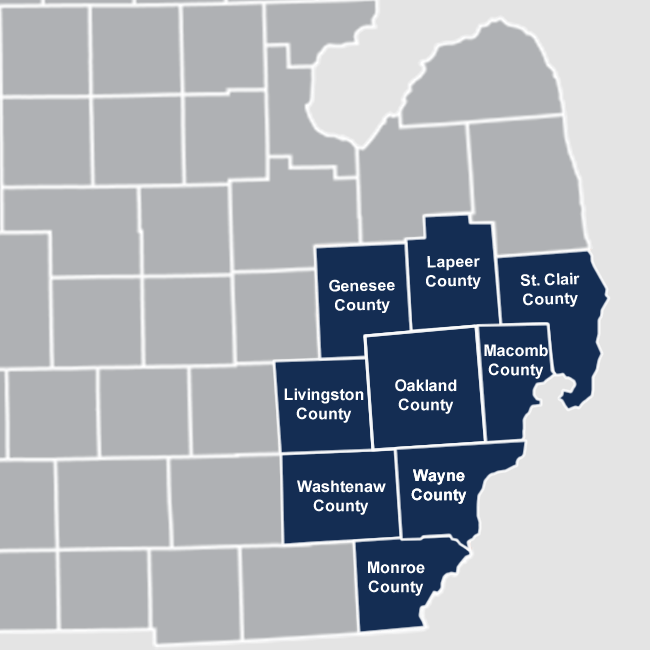Fallen trees won’t add to your curb appeal—get one of these types of trees to avoid storm damage
Are you worried the trees next to your home will cause storm damage to your property when they come crashing down? These three trees are sturdy and can withstand high winds and driving rain while adding to your home’s curb appeal:
Oak Tree
The Oak can withstand serious wind and will not typically yield to storm damage
Oaks are slower growing trees that bow and bend with the wind when growing which adds to the structure inside the tree making it stronger over time. Oaks offer great beauty and strength with sturdy branches that can withstand great pressure from winds. Planting a small oak will ensure its roots have time to go deep and spread wide, creating a more stable foundation than that of a transplanted larger tree. A deep and sturdy root system is the foundation for preventing property damage from a fallen tree.
River Birch
Loamy, well-drained soil and clay make this tree a great choice to weather high winds and avoid storm damage.
Since the river birch loves water, this tree is flood tolerant. The river birch can get up to 70 feet high making it a monster of a tree, but the limbs are fairly fine allowing them to sway and bend with the wind, not break. Trees can take a pounding during high winds causing roof damage that could result in water damage and more. For that reason, be sure to buy and plant trees that work with you, not against you.
Tulip Tree
Fluttering, narrow stalks with tulip shaped flowers laugh at the winds attempts to do harm
Tulip trees are beautiful and can get upwards of 120’ tall. Keeping the tulip tree on the slender side helps them to weather even the strongest winds and pelting rains. The larger the tree grows, the more chances it could topple and cause storm damage during particularly strong gusts.
Isn’t it interesting how choosing the right landscaping by way of a tree can protect your home from storm damage due to heavy rains and winds? Truly something to think about.
If you’ve suffered roof or whole home storm damage from fallen tree or any kind of damage to property from storm, water, or even fire—we’re here when you need us. Visit Advance Restoration for all your property damage restoration needs or call 866-505-3166 to make an appointment for service.





